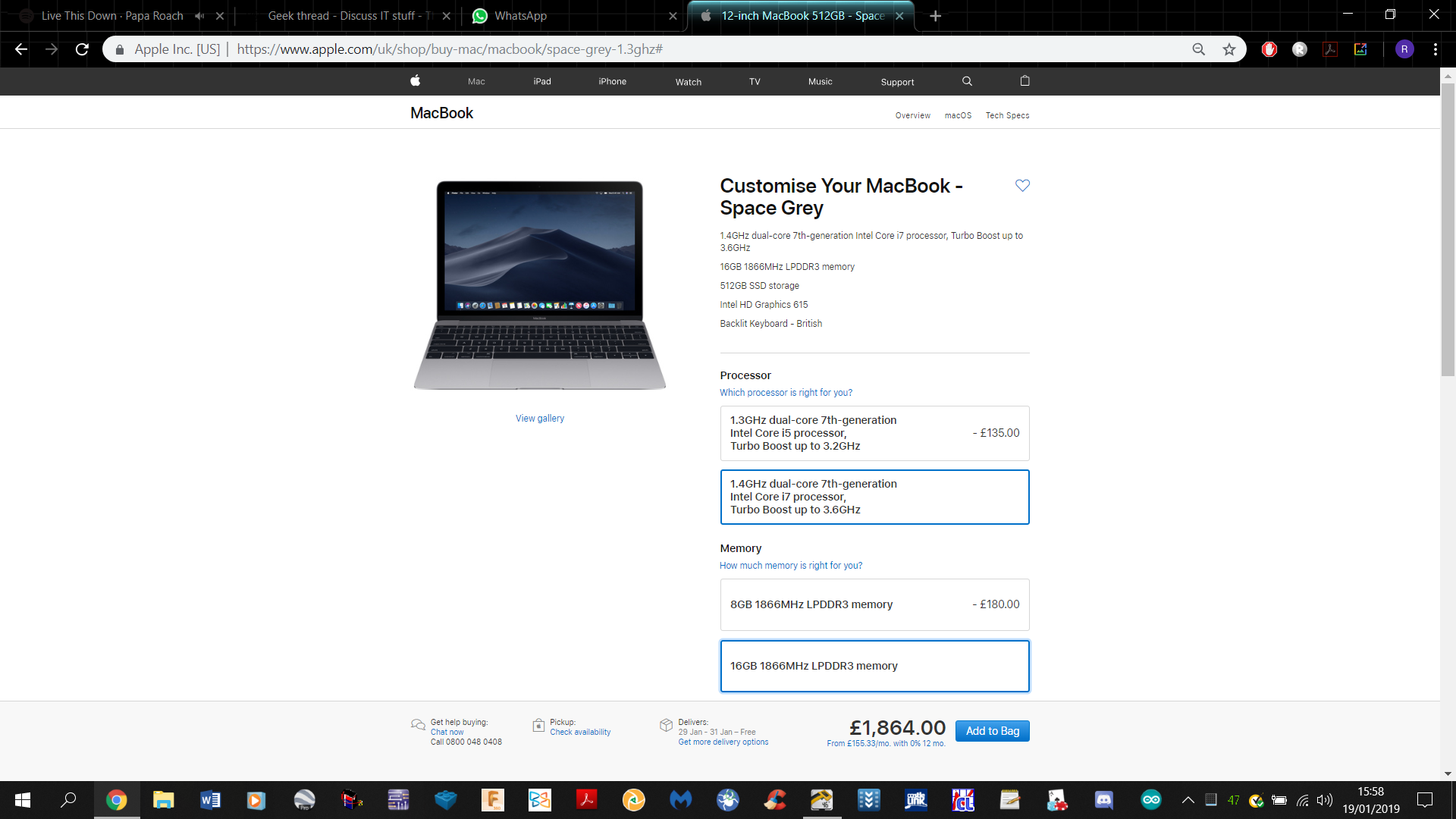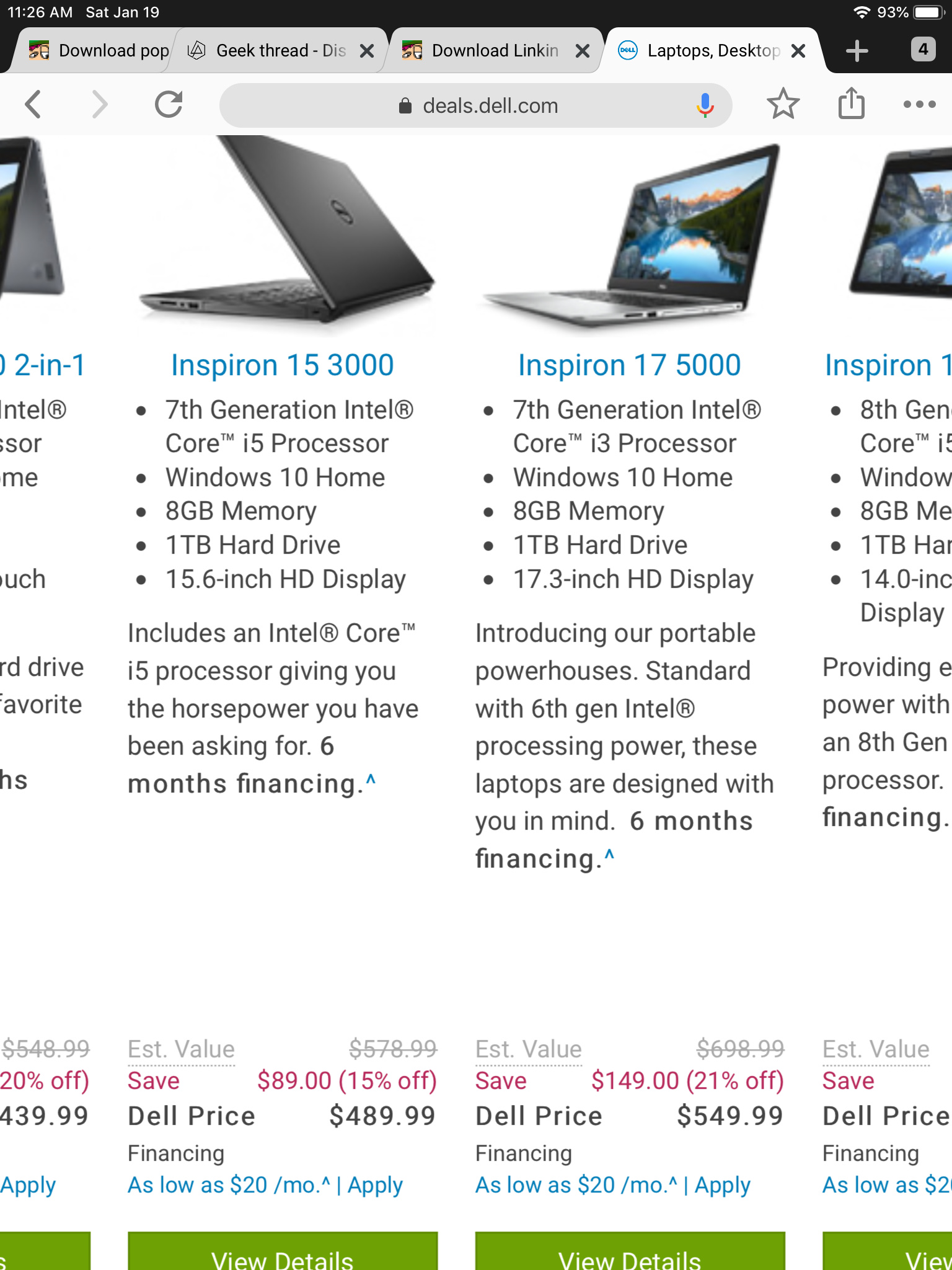Depends on the laptop, if you want something thin like a Mac or a Dell XPS, you’ll be pushing your luck with anything above an i5. That’s because thin laptops have limited cooling capabilities. When processors get too hot, they’ll thermal throttle. What that means is that the processor will get hot and then it will reduce its own clock speed so that it cools back down. Reducing the clock speed makes the computer slower.
There was a massive fiasco when Apple put an i9 in the 2018 Macbook Pro and it thermal throttled so badly that the base clock frequecy dropped to below 1GHz (which is about the speed of something from the mid 2000s). They released a software patch to try and fix it, but the effects weren’t great. The Dell XPSs running i9s also throttle, but it didn’t get as much coverage as the MBPs.
With the i9 XPSs (and some i7s), a lot of people have under-volted and re-pasted their CPUs. What that means is lowering the supply voltage on the CPU to the point where it verges on instability and then change the thermal paste inside the laptop to something better than stock. All of this is in an attempt to get it to run cooler.
i7s also throttle, but not as much. i5s are where you want to be, they run just fine. If you’re going to stick something as hardcore and ridiculous as an i9 in a laptop, you need something fat with proper cooling that can handle it, like a Dell Alienware.
Pick 2 (you can’t have 3 and the laptop won’t be the remaining option):
- Thin
- Powerful
- Cool running
In terms of core count, the standard these days is quad core at the very least.



 . It means it’s time to go digging around the internet to see what you’ll find. lol
. It means it’s time to go digging around the internet to see what you’ll find. lol

